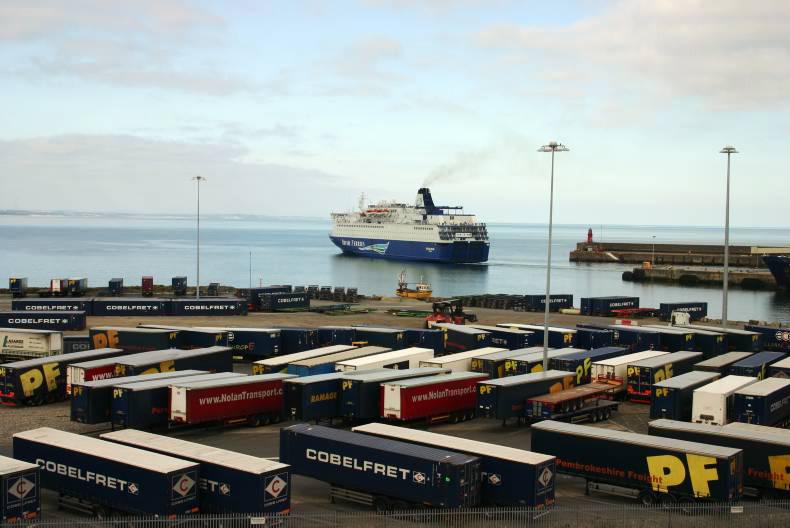A report in The Economistlast week drew attention to China subsidising its agricultural production, right up to having an interventionist buying system for produce. This is supposedly in place for food security but the measure results in supplies being held for an unnecessary length of time.
On top of this a state television investigation last month revealed that officials bought low-quality grain at discounted prices, reporting they had paid the higher state-set price for good grain. They pocketed the difference, stuffing the inferior product into the reserves. Ireland can recall similar experiences from the EU intervention beef buying era over 20 years ago.
Government support
It is a long established Chinese policy that the country should do what it can to achieve self-sufficiency in food, made all the more important by a history of periods of famine. Free trade advocates are hostile to government support for agricultural production, believing it causes inefficiency.
Similarly there is a populist view, particularly prevalent in developed Western society, that agricultural subsidies line the pockets of rich farmers. Such views give little consideration to the wider impact of any external investment in agriculture in rural areas, whether in Ireland or anywhere else.
It is a reality that most economic activity in any country occurs within a short radius of the main centre of population. Even with the arrival of modern mobile communications, large global companies cluster around large centres of population. We are familiar with Ireland and the contrast between greater Dublin and rural Ireland; the same is applicable to England, comparing London with the old industrialised areas of Northern England.
One of the business activities that brings some economic activity to rural areas is farming and the processing and distribution of produce. This shows why the wider economic benefit of modest investment in agriculture subsidy can be substantial.
USA and China
We should remember the bigger picture as we engage with the USA and China to develop Irish beef exports to these countries. Despite preaching the benefits of free trade, the USA prioritises its own farmers. The long running saga of getting Irish manufacturing beef into the USA illustrates the obstacles in the way of trade and that is before thinking about quota limitations.
Similarly, the Chinese arrived in Ireland with considerable fanfare last Sunday. Everyone made pleasant comments but by the middle of the week the Chinese were in Brazil, approving factories to start business while we wait for assessment visits to start in July, brought forward from the autumn.
All of this isn’t to devalue the work of Minister for Agriculture Simon Coveney and his officials in their attempt to gain access to export markets for Irish agri food products, beef in particular. They are engaged in a painstakingly difficult and cumbersome process.
Reality check
What we need to do is approach with cold headed reality, recognising that it is a slow burn. High profile announcements and comments, always presented in the most positive language possible, may be what politicians the world over do, but it doesn’t serve the industry well. Farmers are under the general impression that Ireland is exporting beef to the USA freely when we are not. Our exports are limited to cuts from the carcase and not the manufacturing forequarter beef we are in most need of a market for.
Similarly with China, it is well recognised in industry circles that doing business with the Chinese is a slow burn relationship building exercise. That has to be done and government is to be commended for its attention to this, but we have to keep it in context. China will do business with Ireland and the sooner the better. However remember that China is working to put in place its own systems of production, intended to be as self-reliant as possible.
With all the advances in the Irish food industry, our production capability is but a blip of what China requires. Hence they will continue to trade with the truly big exporters in the world such as Brazil, while using intelligence from everywhere, including Irish research expertise, to develop their own industry and buy and invest in agri food production capability everywhere, with African countries with fertile soils and climate particularly favoured.
None of this is wrong, it is just the country with the largest population on earth securing its food supply. We just need to be aware of where we fit in, making the most of of the market but not overhyping it.
There will be time enough for that when the first containers of beef, as opposed to a few boxes, are in transit and it has all been reflected in a lift in cattle prices at the farm gate. Then we can really toast success!






 This is a subscriber-only article
This is a subscriber-only article










SHARING OPTIONS: